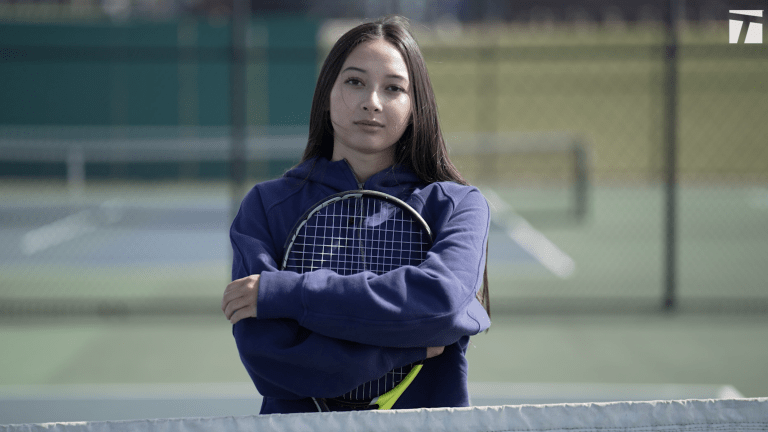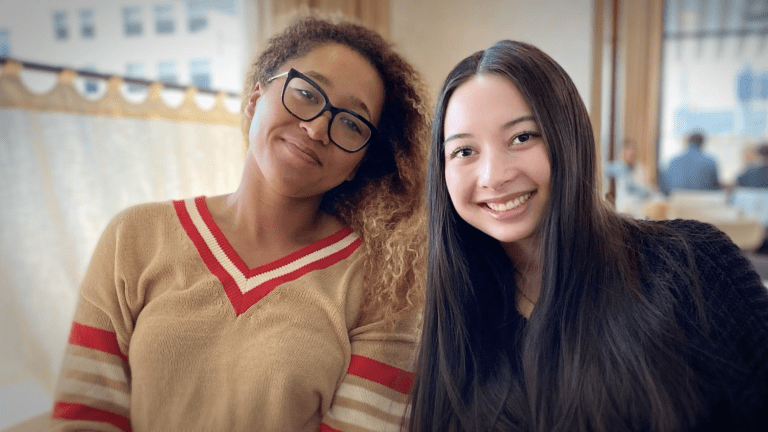Tennis.com Interview
Kylie Ossege, Oxford school shooting survivor, is the walking embodiment of strength on and off the court
By Sep 04, 2022Tennis.com Interview
Sebastian Korda chasing match-day butterflies in 2026 after pair of stop-and-go seasons
By Jan 29, 2026Tennis.com Interview
Clara Tauson weathers illness, “boom boom” tennis to advance at Australian Open
By Jan 22, 2026Tennis.com Interview
Elina Svitolina finds strength in stepping back, talks burnout recovery at Australian Open
By Jan 21, 2026Tennis.com Interview
Karolina Pliskova navigates uncertain future after injury odyssey, Australian Open comeback
By Jan 20, 2026Tennis.com Interview
Eliot Spizzirri achieved something “amazing” last year. How much further can he go?
By Jan 16, 2026Tennis.com Interview
Dino Prizmic is ready to make another Melbourne mark, eyes Novak Djokovic reunion
By Jan 13, 2026Tennis.com Interview
Nick Kyrgios brings the show, and new perspective, to Madison Square Garden
By Dec 08, 2025Tennis.com Interview
After longest off-season ever, Tommy Paul talks injury comeback, wedding plans at MSG
By Dec 08, 2025Tennis.com Interview
Following in family footsteps, Elli Mandlik clinches Australian Open return in wild card play-off
By Nov 25, 2025Kylie Ossege, Oxford school shooting survivor, is the walking embodiment of strength on and off the court
On November 30, 2021, four students were killed and seven people were injured, including a teacher.
Published Sep 04, 2022
Advertising
Advertising
Advertising

“I didn’t know what I was capable of at that point, if I’d be able to walk again, paralyzed completely from the waist down.”
Advertising

“I was so surprised. She’s always been my biggest tennis inspiration.”
© Kylie Ossege